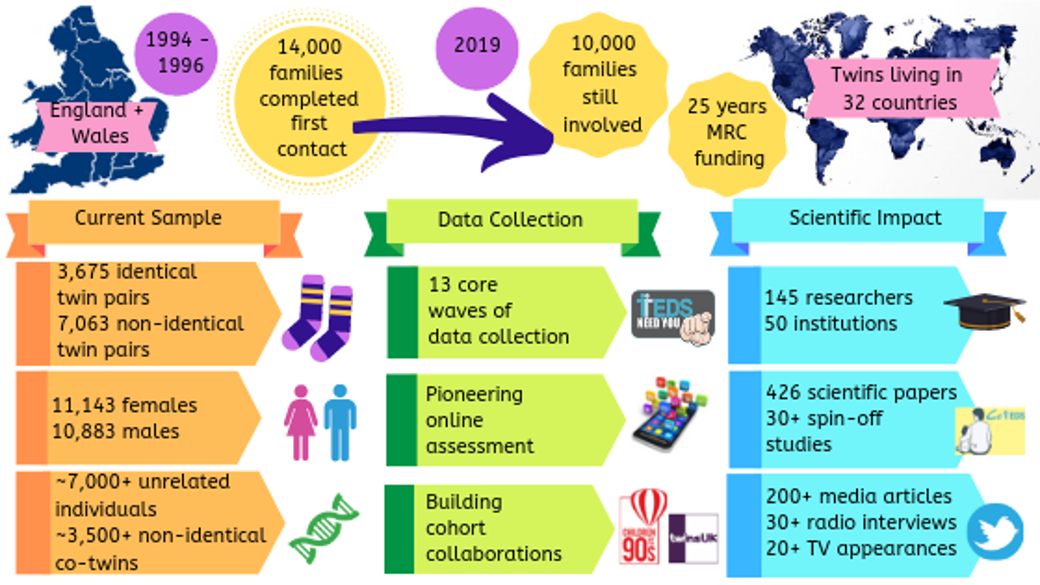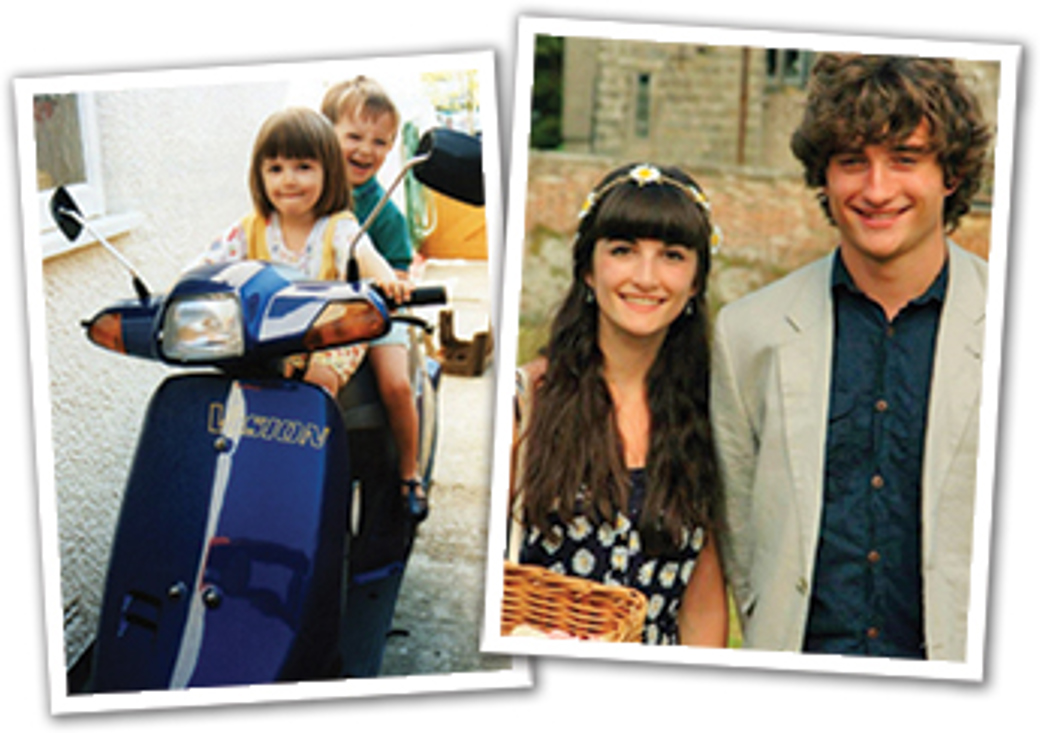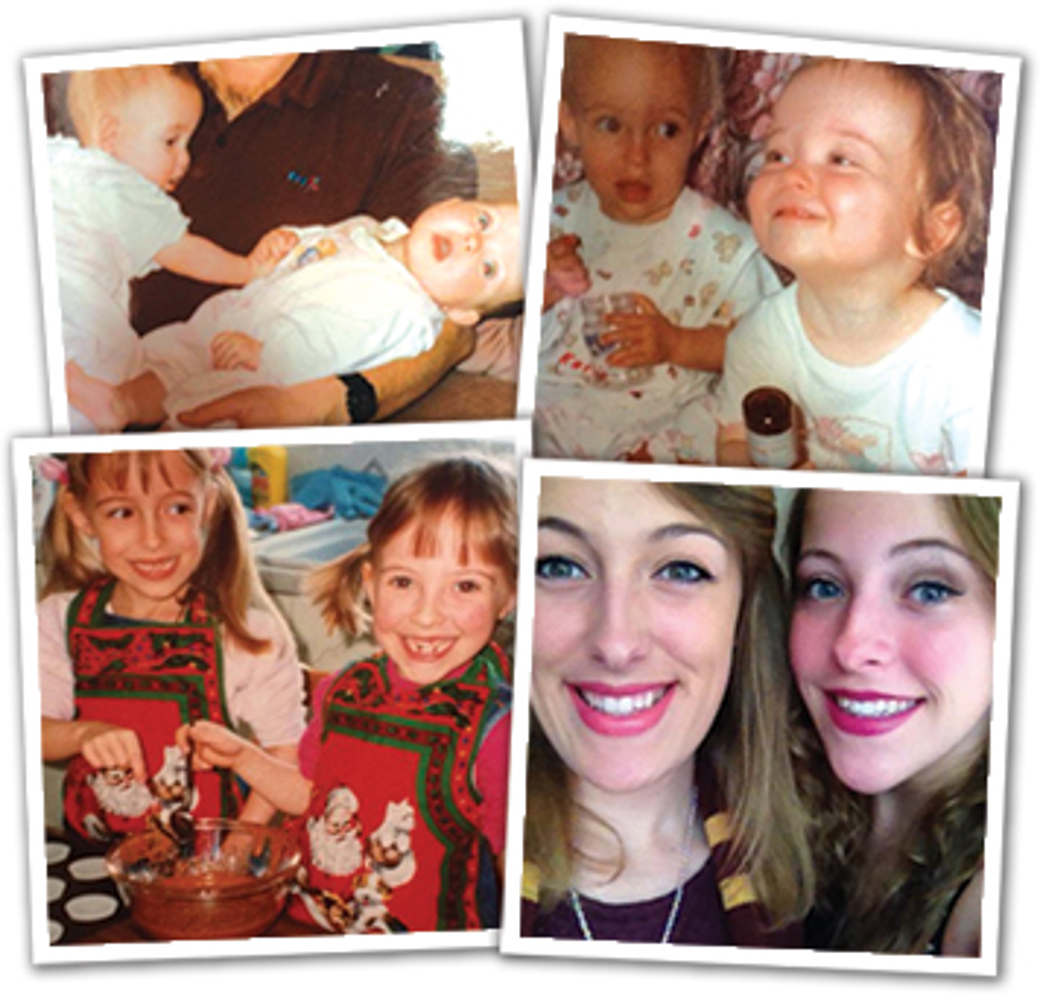About TEDS

TEDS Infographic
The Twins Early Development Study is one of the foremost ongoing twin studies of its kind in the world. With the help of over 15,000 families, TEDS researchers and academics are exploring how we develop through childhood and adolescence and what factors contribute to making each of us who we are. In this way, the great wealth of information gathered through the study is providing insights into how both nature (the genetic material and characteristics we inherit from our parents) and nurture (our environment) contribute to individual development in a range of areas, such as cognitive and learning abilities, and behaviour. The study has been going since 1994 and is based at King's College London. It was founded and run for 25 years by Professor Robert Plomin who is ranked among the 100 most eminent psychologists in the history of science. In 2021 Professor Thalia Eley took over as Director of TEDS. Thalia had previously been the Deputy Director and has been closely involved in the study for many years.
The Journey So Far

Using birth records of all twins born in England and Wales between 1994 and 1996, the parents of potential participants were contacted and the families invited to take part in the TEDS study. Over 15,000 pairs of twins originally signed up for the study and more than 13,000 pairs remain involved to the present day. Completing studies and questionnaires in person, over the telephone and on the web at roughly yearly intervals throughout their lives so far, these twins and their families are providing incredibly valuable data, providing researchers and academics with a unique insight into child and adolescent development. DNA samples have also been gathered from more than 5,000 pairs of twins and are being used together with the rest of the data in order to gain greater understanding of how genes influence our abilities and behaviours.
Main Aims

TEDS aims to explore and gain greater understanding of how nature and nurture, our genes and our environment, influence learning abilities, cognitive abilities, and behaviour. In addition, the study looks at how these abilities and behaviours relate to one another and change over time. With the recent revolution in molecular genetics technology, TEDS is starting to identify which particular genes may play a part in influencing these attributes. The hope is that this research and the knowledge gained through it will go on to help us understand better the complexities of child and adolescent development. This increased understanding can be used to inform and enable parents, teachers, policy makers, individuals themselves, and the general public to better manage and help with some of the challenges that individuals face as they grow up.
